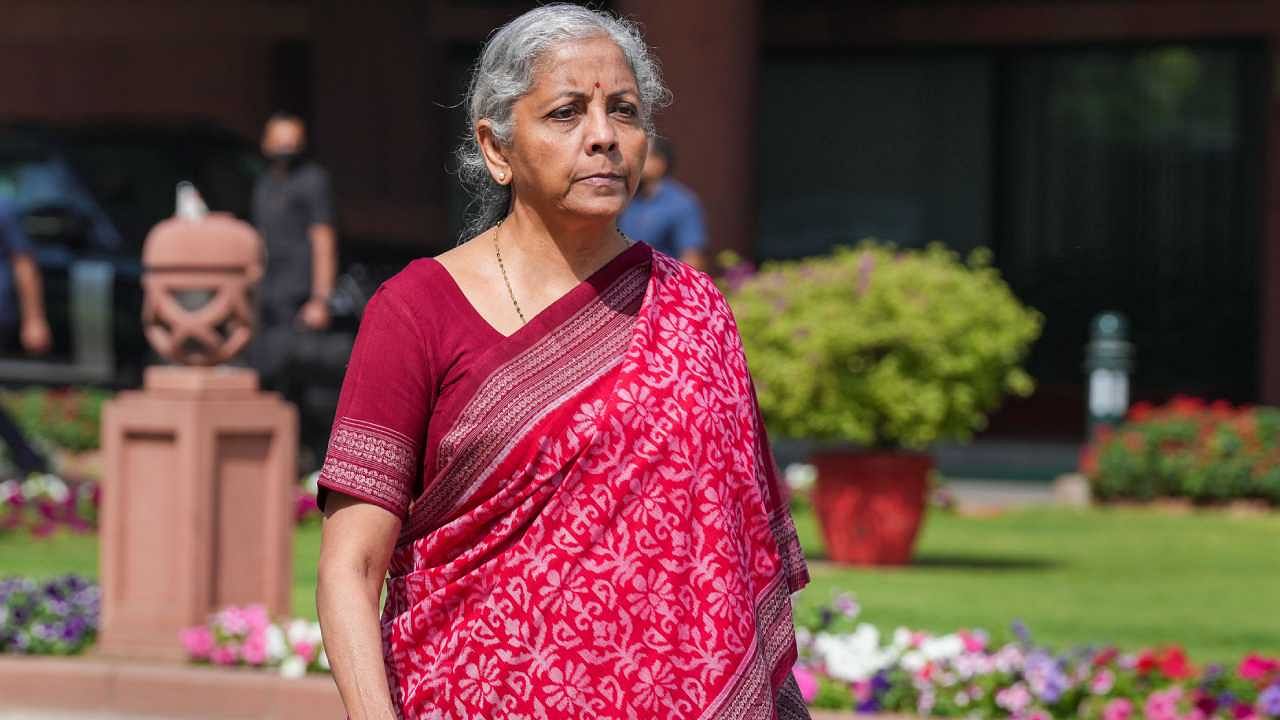
Public sector banks could recover only 14 per cent of the written-off loans worth Rs 7.34 lakh crore in the last five years ending March 2022, Parliament was informed on Tuesday.
Of Rs 7.34 lakh crore written-off loans, state-owned lenders recovered Rs 1.03 lakh crore, Finance Minister Nirmala Sitharaman said in a written reply to the Rajya Sabha.
So after recovery, net written-off stood at Rs 6.31 lakh crore in the last five years.
Replying to another question, the Finance Minister said non-performing assets (NPAs), including, those in respect of which full provisioning has been made on completion of four years, are removed from the balance-sheet of the bank concerned by way of write-off as per RBI guidelines and policy approved by bank boards.
Also Read | Finance Minister asks PSBs to focus on risk management amid banking crisis in US, Europe
Banks evaluate/consider the impact of write-offs as part of their regular exercise to clean up their balance sheets, avail tax benefits and optimise capital, in accordance with RBI guidelines and policy approved by their boards, she said.
Such write-off does not result in waiver of liabilities of borrowers to repay, she said.
As borrowers of written-off loans continue to be liable for repayment and the process of recovery of dues from the borrower in written-off loan accounts continues, write-off does not benefit the borrower, she said.
Banks continue to pursue recovery actions initiated in written-off accounts through various recovery mechanisms available, such as filing of a suit in civil courts or in Debts Recovery Tribunals, action under the Securitisation and Reconstruction of Financial Assets and Enforcement of Security Interest Act, 2002, she said.
They pursue to recover by filing cases in the National Company Law Tribunal under the Insolvency and Bankruptcy Code, 2016, through negotiated settlement/compromise, and through sale of non-performing assets, she added.
In another reply, Sitharaman said, the Department of Personnel & Training (DoPT) frames and implements reservation policies in services and posts under the Central Government for Scheduled Castes (SCs), Scheduled Tribes (STs), Other Backward Classes (OBCs).
"Policies/Guidelines issued by DoPT are extended mutatis mutandis to all Central Public Sector Enterprises (CPSEs) by Department of Public Enterprises (DPE). Implementation of the policies/guidelines on reservation is done by the respective CPSEs and is monitored by their Administrative Ministries/Departments," she said.
Similarly, she said, these policy guidelines and instructions are extended by the Department of Financial Services to all Public Sector Banks, Public Sector Insurance Companies and Public Financial Institutions (PSBs/PSICs & PFIs) for implementation.
As per statutory provisions, she said the general superintendence, direction and management of these institutions are vested with the respective Board of Directors.
They function as autonomous entities under the broad framework of Government guidelines and are responsible for carrying out the implementation of the same including those relating to the protection/ representation of various categories of employees, she added.